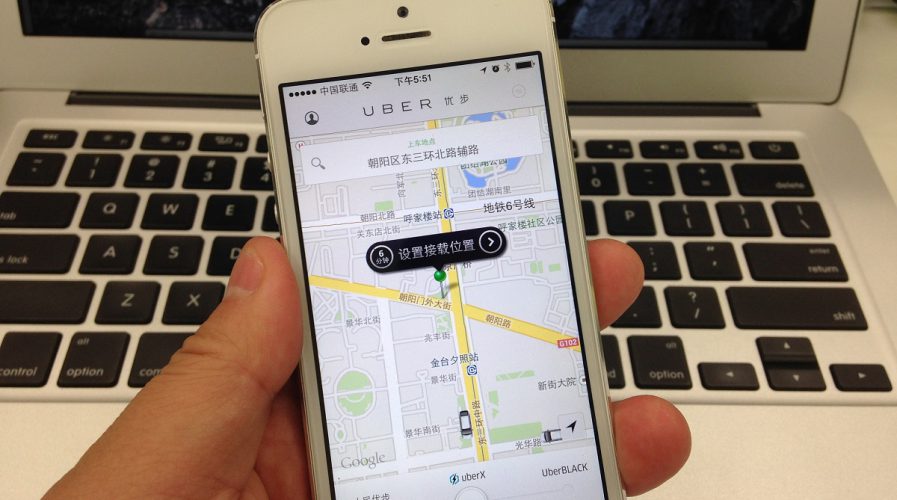
Uber will exit Macau after less than 10 months of beginning its operations there. Pic: Flickr/bfishadow
Bury the hatchet: Uber investors push for truce with Didi Chuxing in China
Uber investors want management to end the costly fight in China with its market rival, Didi Chuxing.
Bloomberg reported that institutional investors are pushing Uber to sign a partnership deal with Didi Chuxing after bleeding billions of dollars in regional expansion. Both companies’ investors and shareholders have discussed a potential partnership, but the respective executives would have to negotiate and come to an agreement.
This competition to dominate the ride-hailing business in the world’s most populous country is costing Uber at least US$1 billion a year. Didi is currently leading the market share in its home country with 14 million registered drivers in 400 Chinese cities. Uber aims to operate in 100 cities in China this year.
In the realm of private technology companies, Uber and Didi are among the giants. Uber, valued at almost US$68 million, has access to over US$11 million in cash and equity. And Didi, valued at at close to US$28 million, holds more than US$10 million in cash and equity.
SEE ALSO: Uber China one-ups ride-hailing rivals with UberLIFE and Uber+Travel
Although Uber is making more profits outside China, namely in the United States and Canada, its losses in developing nations are certainly taking a toll on those earnings.
If Uber and Didi were to agree on a partnership, splitting fees could be a potential stumbling block. Some investors have proposed for Uber China to be absorbed by Didi, with Uber holding minority shares.
Striking deals with rivals and peers is not an impossible feat for Didi. To date, the company has officially partnered with the United States’ Lyft Inc. (Uber’s main competitor in its American homeground), Ola in India, and Grab in Southeast Asia.
Ridesharing accounts for 47% of ground transportation in corporate travel. Visit booth 1749 to learn more #GBTA2016. pic.twitter.com/MTCKmntMT0
— Lyft (@lyft) July 19, 2016
In early 2015, Didi also partnered with previous rival, Hangzhou Kuaidi Technology Co. to form China’s taxi hailing giant.
These recent mergers in China have further pushed investors’ calls to cut a deal despite initial reluctance from management. Uber’s losses in China as well as its regulatory battles are some of the key reasons holding back the company from going public.
READ MORE
- Ethical AI: The renewed importance of safeguarding data and customer privacy in Generative AI applications
- How Japan balances AI-driven opportunities with cybersecurity needs
- Deploying SASE: Benchmarking your approach
- Insurance everywhere all at once: the digital transformation of the APAC insurance industry
- Google parent Alphabet eyes HubSpot: A potential acquisition shaping the future of CRM
